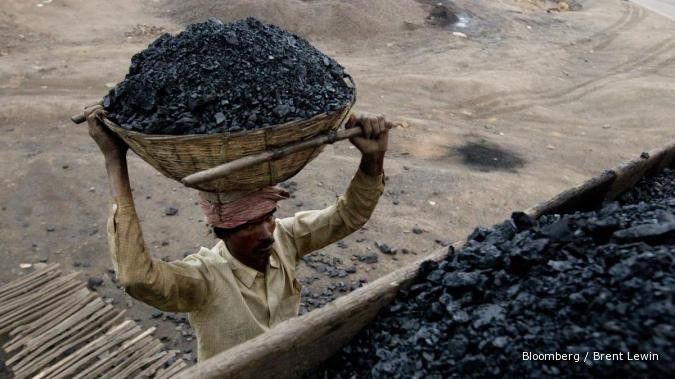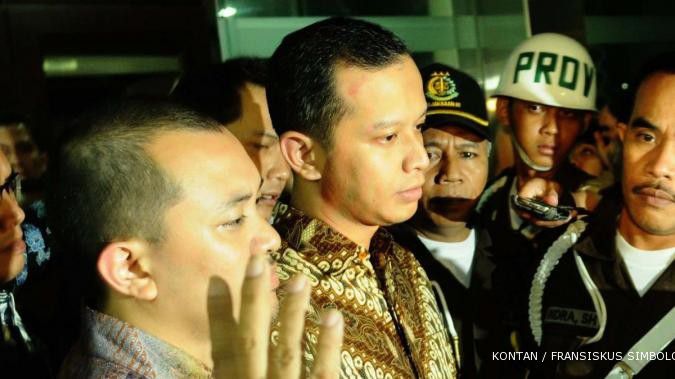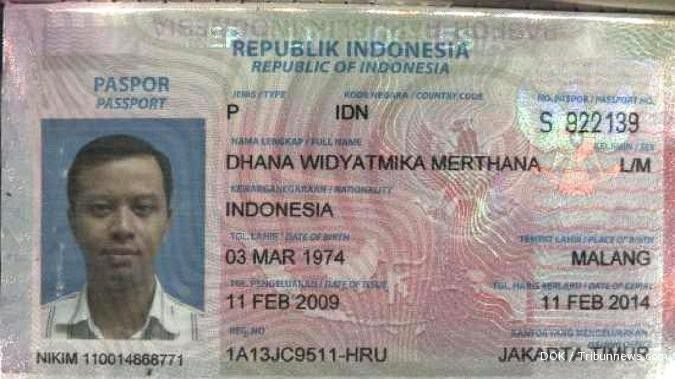JAKARTA. The Indonesian Chambers of Commerce and Industry (Kadin) says it supports the implementation of a 20-percent export tax for 14 mineral commodities, but has requested leeway for companies to adjust to the new regulation.
“We hope the government gives more time for companies to comply with all requirements set in the two planned ministerial regulations,” said Kadin vice chairman for trade, distribution and logistics, Natsir Mansyur, during a press conference at his office in Jakarta on Monday.
The government announced on Friday that starting May 7, all mining-permit (locally known as IUP) holders would be banned from exporting metal ores unless they fulfilled several requirements.
The requirements are that their IUP status must be clean and clear (issued following all legal procedures as stipulated in the 2009 Minerals and Coal Law); they must have paid all their tax and non-tax financial obligations; and they must submit a comprehensive proposal on whether they want to build their own smelters, establish a consortium with other companies to jointly build smelters or sell their raw materials to smelting companies within the country.
Companies must also sign integrity pacts with the government saying they will stop exporting raw materials in 2014 as mandated by the Minerals and Coal Law.
The 14 commodities are antimony, bauxite, chromium, copper, gold, iron ore, iron sand, lead, manganese, molybdenum, nickel, platinum, silver and tin.
“We hope the government doesn’t directly ban companies which are in the process of getting clean and clear status for their IUPs. If they still lack data, we want the government to give between three and four months’ grace to complete all requirements,” Natsir explained.
He added that the government also had to ensure the process of acquiring the clean and clear status was fast and efficient so that companies which had obtained the status could directly export.
If the companies could not export, the country might lose US$18 billion a year from this year’s revenue target of $270 billion from the mining sector, Natsir calculated.
Despite those concerns, Natsir maintained that Kadin supported the other requirements set by the government, saying they were necessary to force companies to process and refine their ore in the country as mandated by the 2009 law.
Regarding the obligation to process and refine metal ores in the country, the chamber’s vice chairman for research and technology, Bambang Sujagad, revealed Kadin would provide assistance for its members who had committed to building smelters.
“Kadin can provide experts to help members starting from the process of obtaining the clean and clear status to preparing business plans for those who have serious intention to build smelters,” he said.
He added that smelting facilities were very important for the country to add value to exported commodities.
Kadin requests grace period on ore export tax
May 08, 2012, 09.19 AM
/2012/05/08/1632288725.jpg)
ILUSTRASI. Ada tiga pilihan warna baru, inilah harga sepeda gunung Thrill Cleave 3.0
Reporter: Edy Can
| Editor: Edy Can
Latest News
-
March 02, 2026, 04.45 PM
Indonesia has Seized 5 Million Hectares of Palm Oil Plantations, Task Force Says
-
March 02, 2026, 01.10 PM
Asian Assets Slide as Mideast Strikes Spark Oil Spike, Haven Rush
-
March 02, 2026, 10.49 AM
Bank Indonesia Monitoring Market Movements in Response to Conflict in Middle East
-
February 25, 2026, 08.28 PM
Inpex to Solicit Bids for Construction of Indonesia's Abadi LNG Project in Mid-2026
-
February 24, 2026, 03.38 PM
Eni to Reach Final Investment Decision for Indonesia Gas Projects Next Month
-
February 24, 2026, 01.00 PM
Asia Stocks Try to Steady after Wall Street Selloff Sims Mood
-
February 23, 2026, 04.50 PM
Wall Street Futures and Dollar Slide on Trump Tariff Tumult
-
February 23, 2026, 02.17 PM
Indonesia's Government Spending Jumps 26% in January 2026
-
February 23, 2026, 01.47 PM
Indonesia's Government Spending Jumps 26% in January













